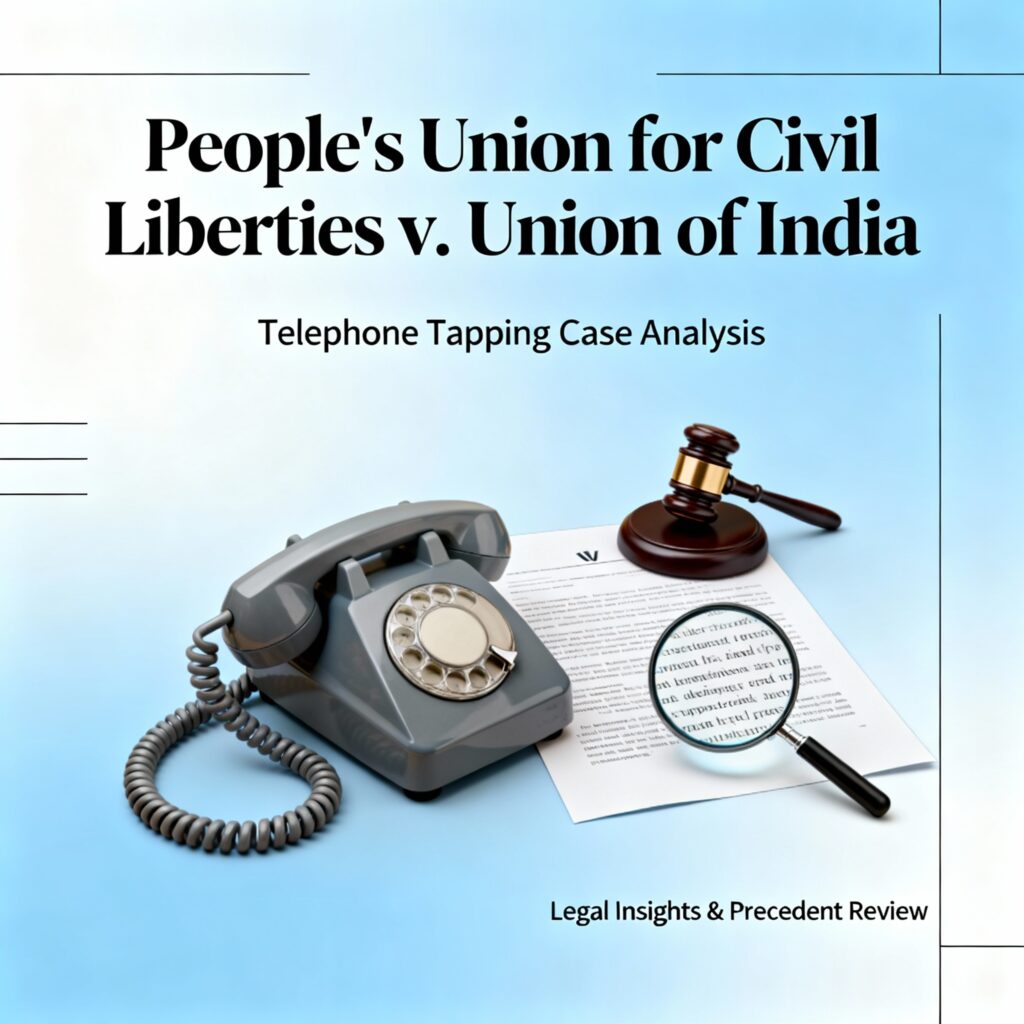Published on 15th June 2025
Authored By: Sudeep Gupta
Lucknow University
Facts of the Case
Kaluram, the appellant, was accused of committing an offense under the Indian Penal Code (IPC) in the State of Uttar Pradesh. The prosecution alleged that Kaluram was involved in a criminal act (such as murder, theft, or another offense, depending on the specifics of the case). The trial court convicted him based on the evidence presented, which primarily included witness testimonies, forensic findings, and circumstantial evidence. The conviction led to an appeal before a higher judicial authority.
Issues Raised
- Whether the evidence against Kaluram was sufficient to establish his guilt beyond a reasonable doubt.
- Whether the trial court erred in its appreciation of the evidence and the application of legal principles.
- Whether Kaluram’s conviction was justified under the relevant sections of the IPC.
- Whether there were procedural lapses or violations of fundamental rights that could affect the conviction.
Judgment
The court carefully analyzed the prosecution’s evidence and the defense’s arguments. The key findings included:
If the evidence was strong, the court upheld the conviction and justified its reasoning.
If there were inconsistencies, procedural lapses, or lack of proper evidence, the court could have acquitted or reduced the sentence.
If any constitutional or procedural violations were found, the judgment may have emphasized fair trial principles and due process.
The final ruling either confirmed the conviction or modified it, ensuring justice as per legal precedents.
Conclusion
The case of Kaluram v. State of U.P. serves as a precedent for issues related to criminal liability, fair trial, and evidentiary standards in Indian criminal law. The judgment reinforced principles of justice, ensuring that convictions are based on solid proof rather than mere suspicion.




